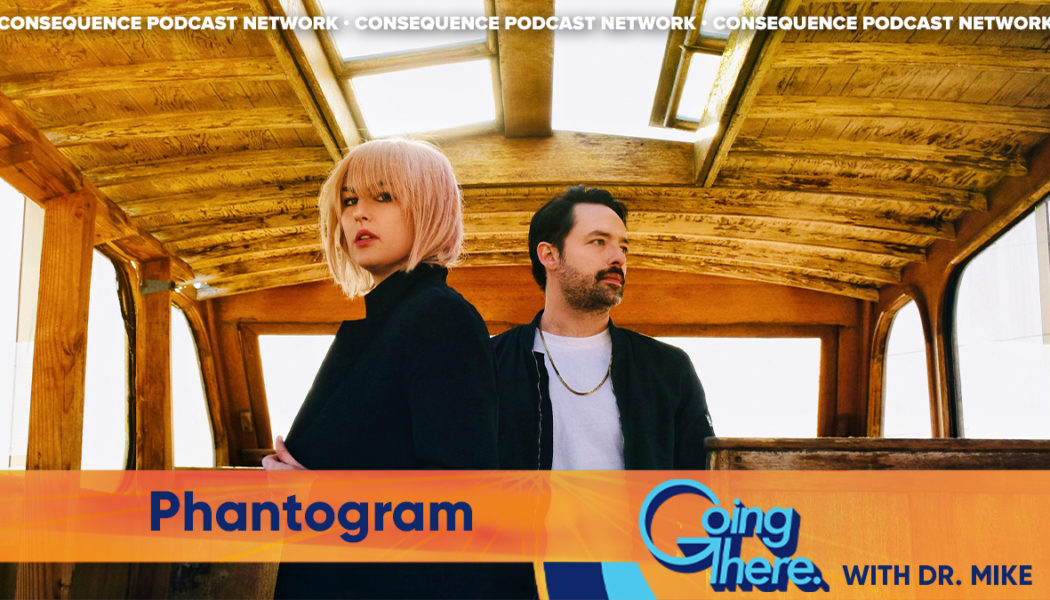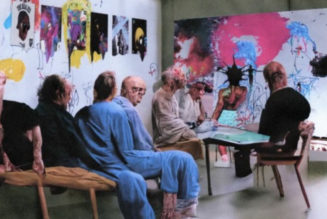
Listen via: Apple Podcasts | Spotify | Pandora | Stitcher | Google | Pocket Casts | Radio Public | RSS
Musician Sarah Barthel of Phantogram joins Dr. Mike Friedman on the Going There podcast to share her struggle with devastating and traumatic loss in her life.
Related Video
The Phantogram singer has been a fantastic mental health advocate over the years, and has been very forthcoming and outspoken about how she not only lost her sister, Becky, when she committed suicide, but also had previously lost her father to cancer, and coped with her mother and other friends having the disease. What the “You Don’t Get High Anymore” artist describes is years of different devastating losses one on top of another and how this repetitive loss can be traumatic to us.
Such loss can be overwhelmingly horrible, not only because we lost people close to us, but also because it undermines our fundamental belief that we live in a safe and predictable world. And our sense that we are safe and that we have some level of control over our lives is critical to our own mental health and well-being.
One of the things that Barthel talks about is how in the face of this loss, she tries to be a “superhero” who needs to be the one who says everything is ok, and tries to make it so. The problem is that often when we try to be strong for others, we inadvertently close off our own emotional processing, avoiding or suppressing the intense feelings that come from facing the suffering of others, or our own suffering. Barthel explains how she turned to music as a way of understanding, processing, and expressing her feelings in the face of devastating and traumatic situations.
So let’s go there with Phantogram’s Sarah Barthel by listening to the full episode above.
Going There is a weekly interview series in which clinical psychologist and life coach Dr. Mike Friedman connects with musicians at the crossroads where music and mental health meet. Dr. Mike asks the tough questions and has the difficult conversations, so that we can shine a light on the difficult topic of mental illness so we can all come out of the darkness, put an end to the stigma of mental illness, and get the care we need.
For those struggling with suicidal thoughts themselves or from a loved one, Sound Mind’s partners at the American Foundation for Suicide Prevention have a wealth of information and resources as part of their National Suicide Prevention Week website.
To share your feedback about our show, use the widget below or this link, where you can also submit your own question for the “Ask Dr. Mike” column.










